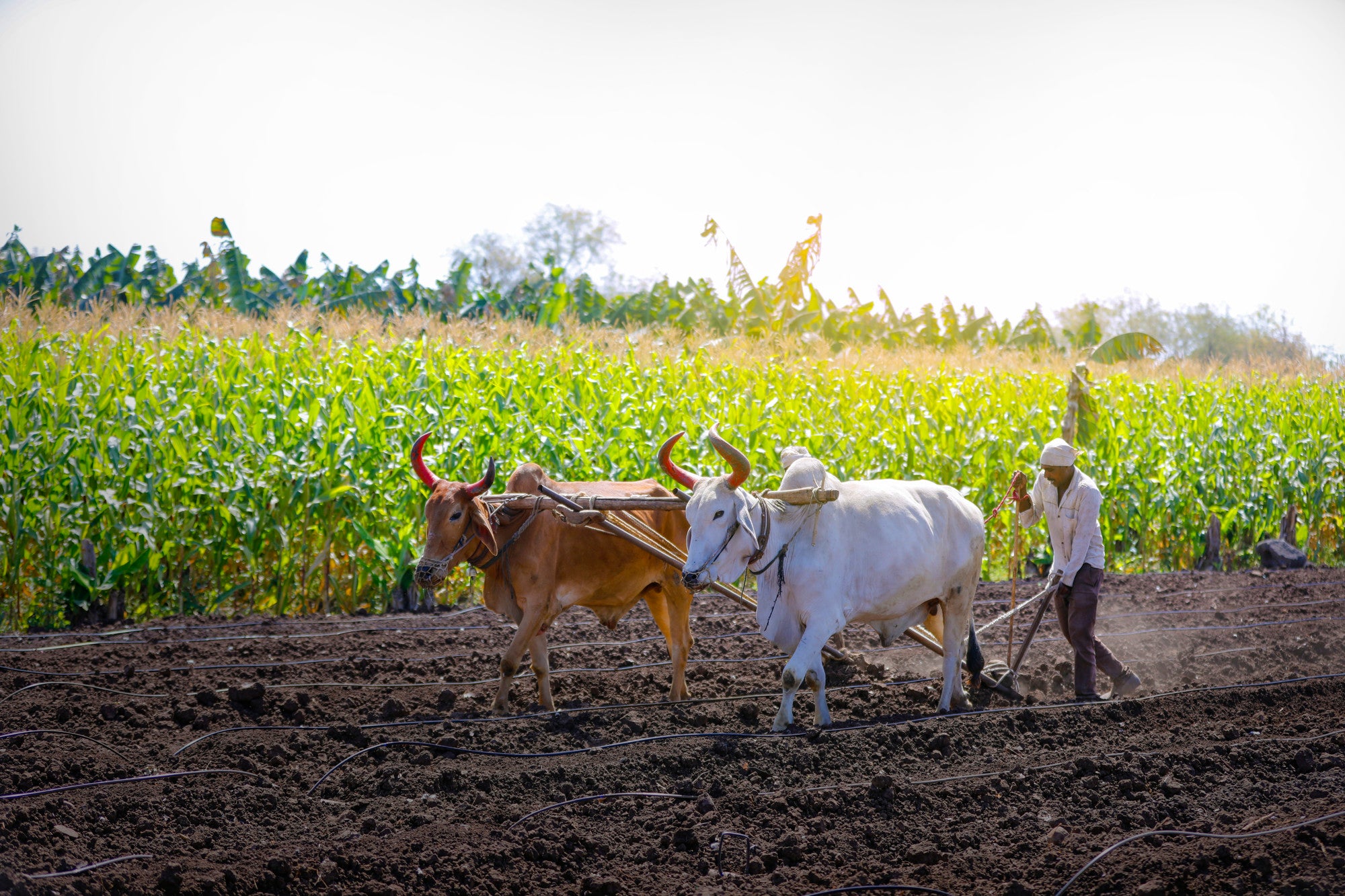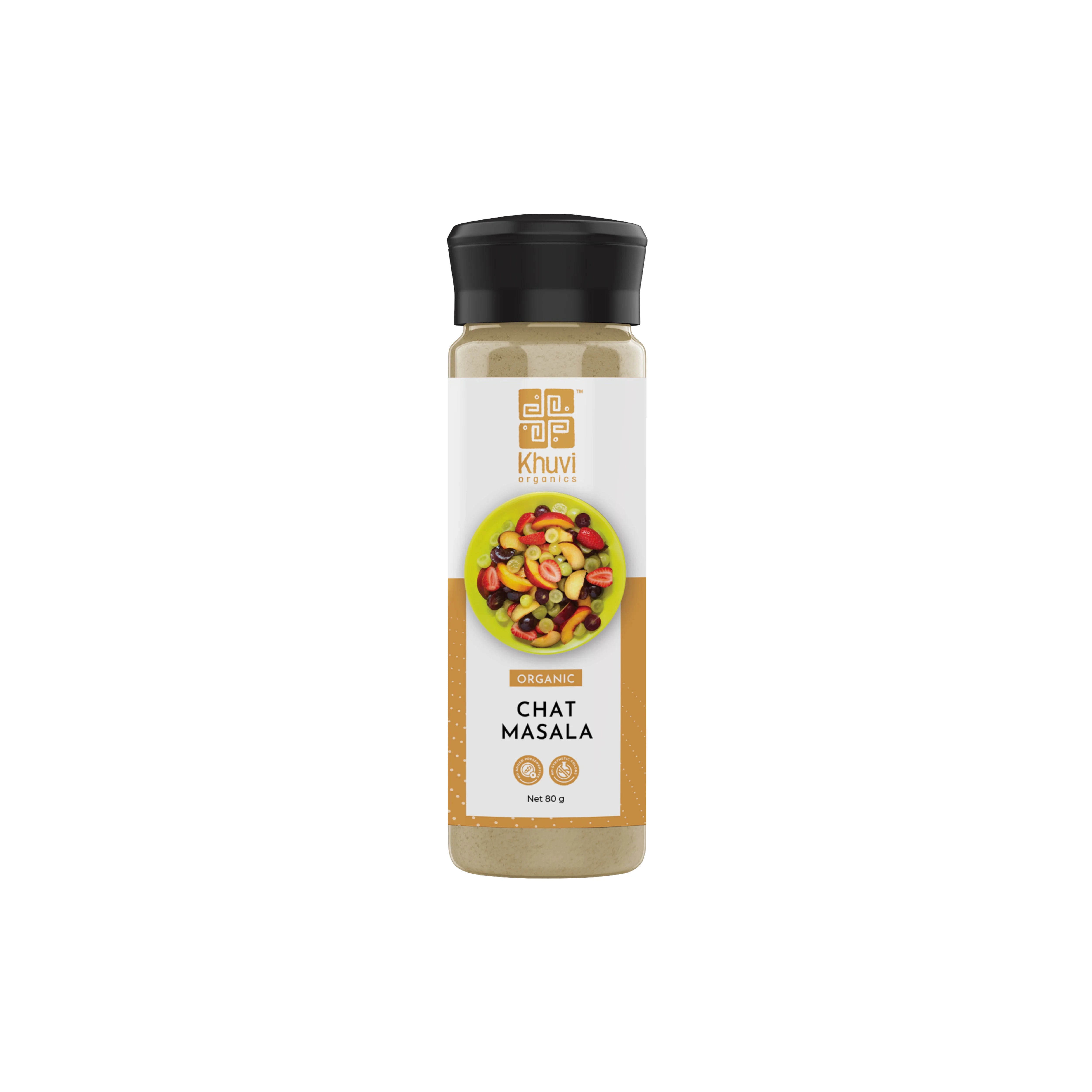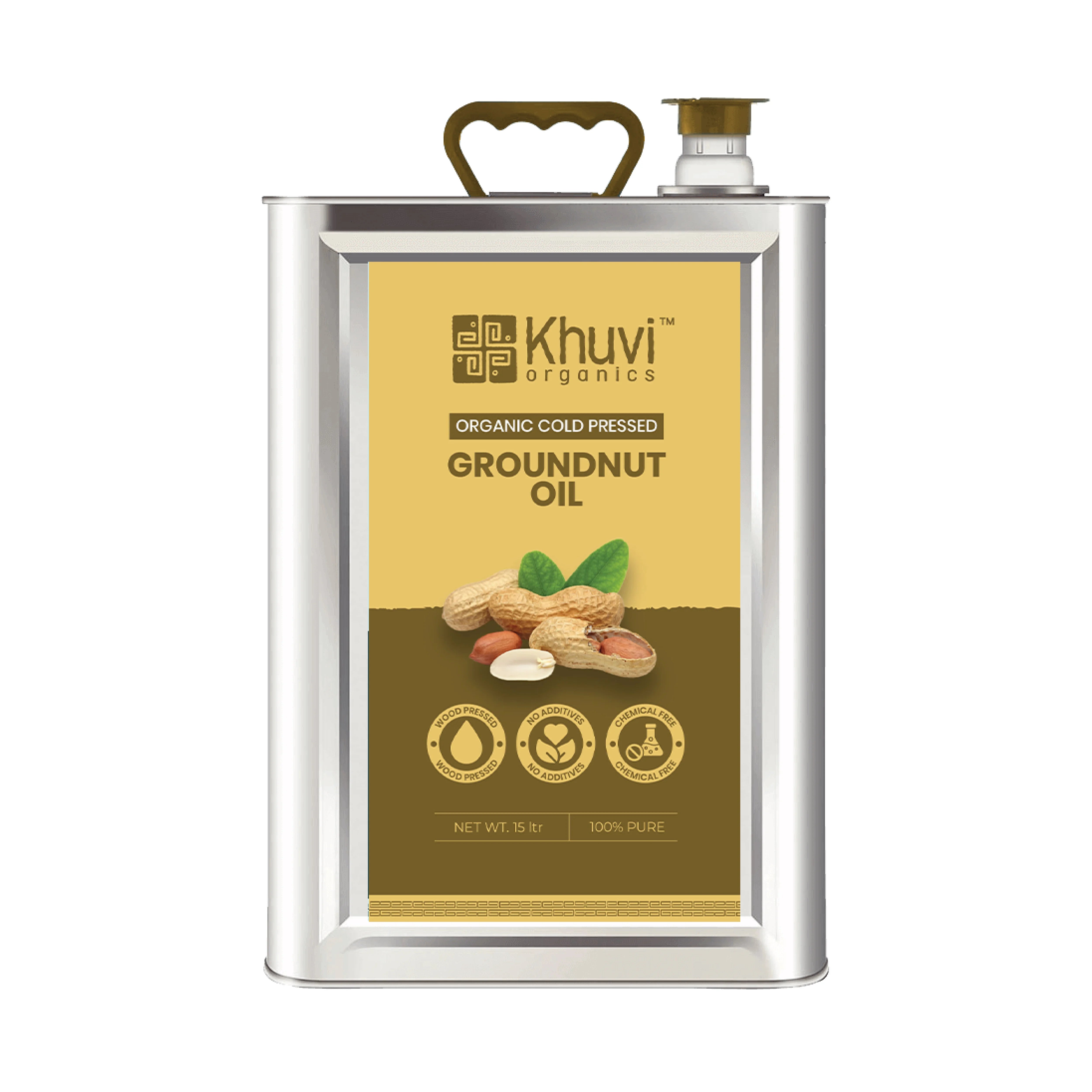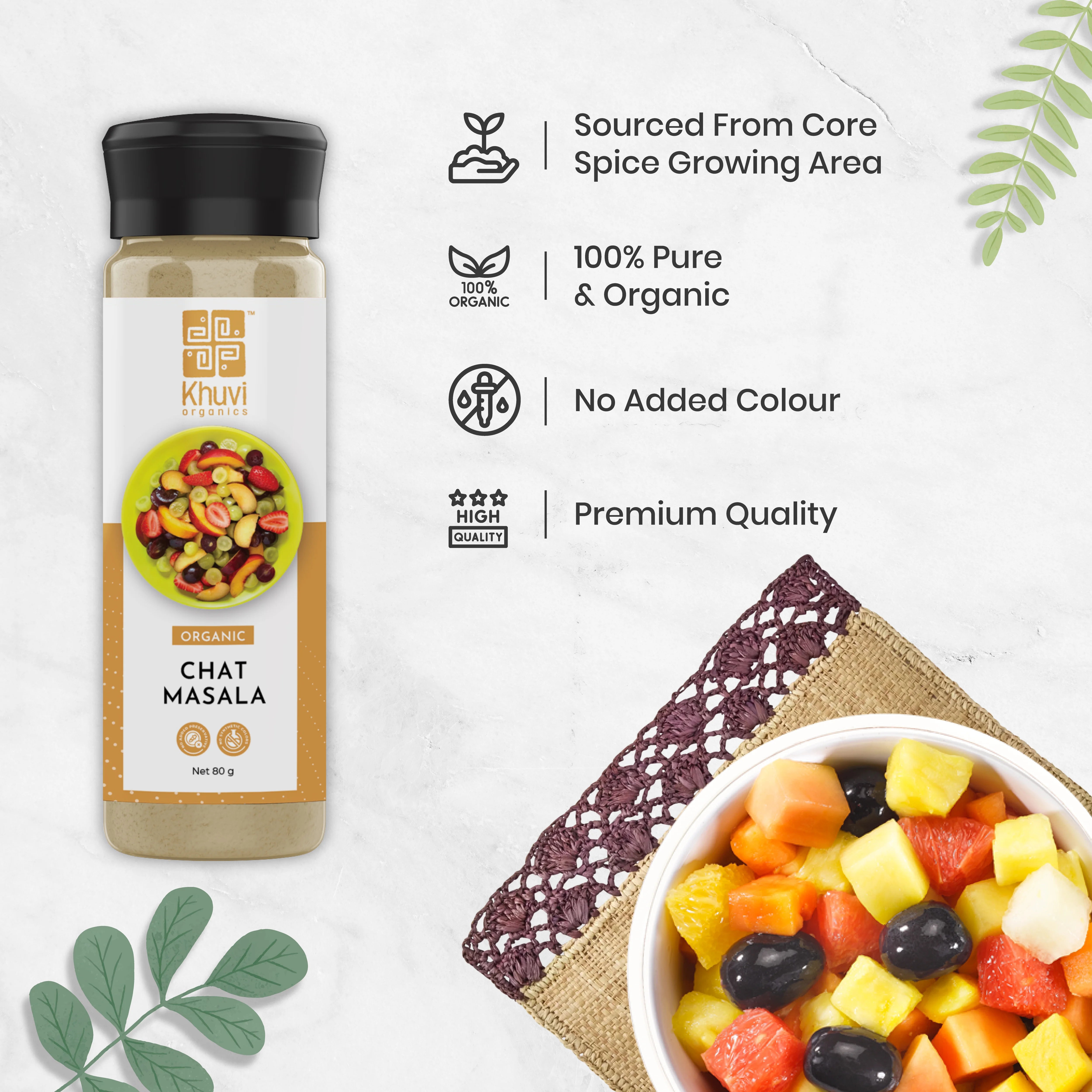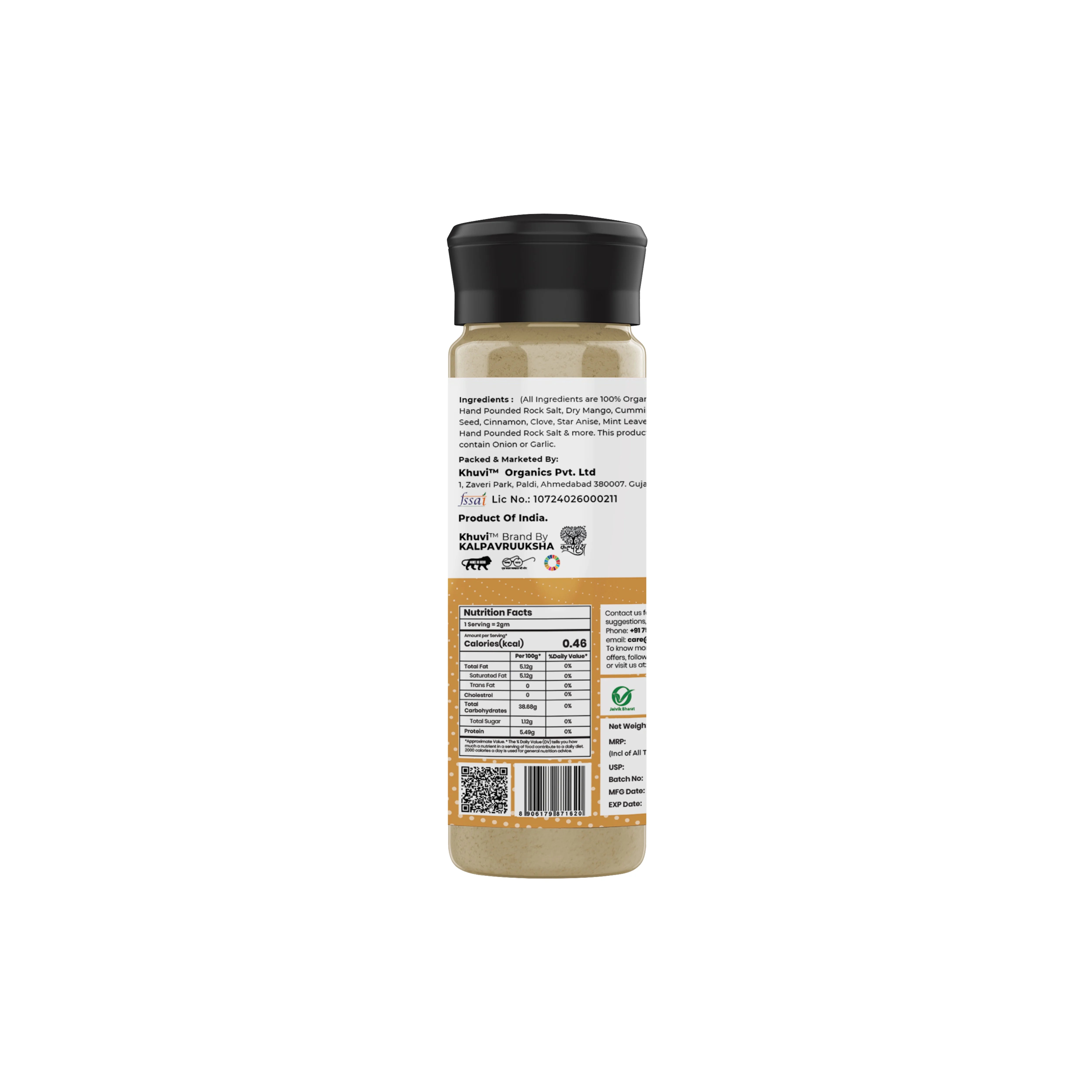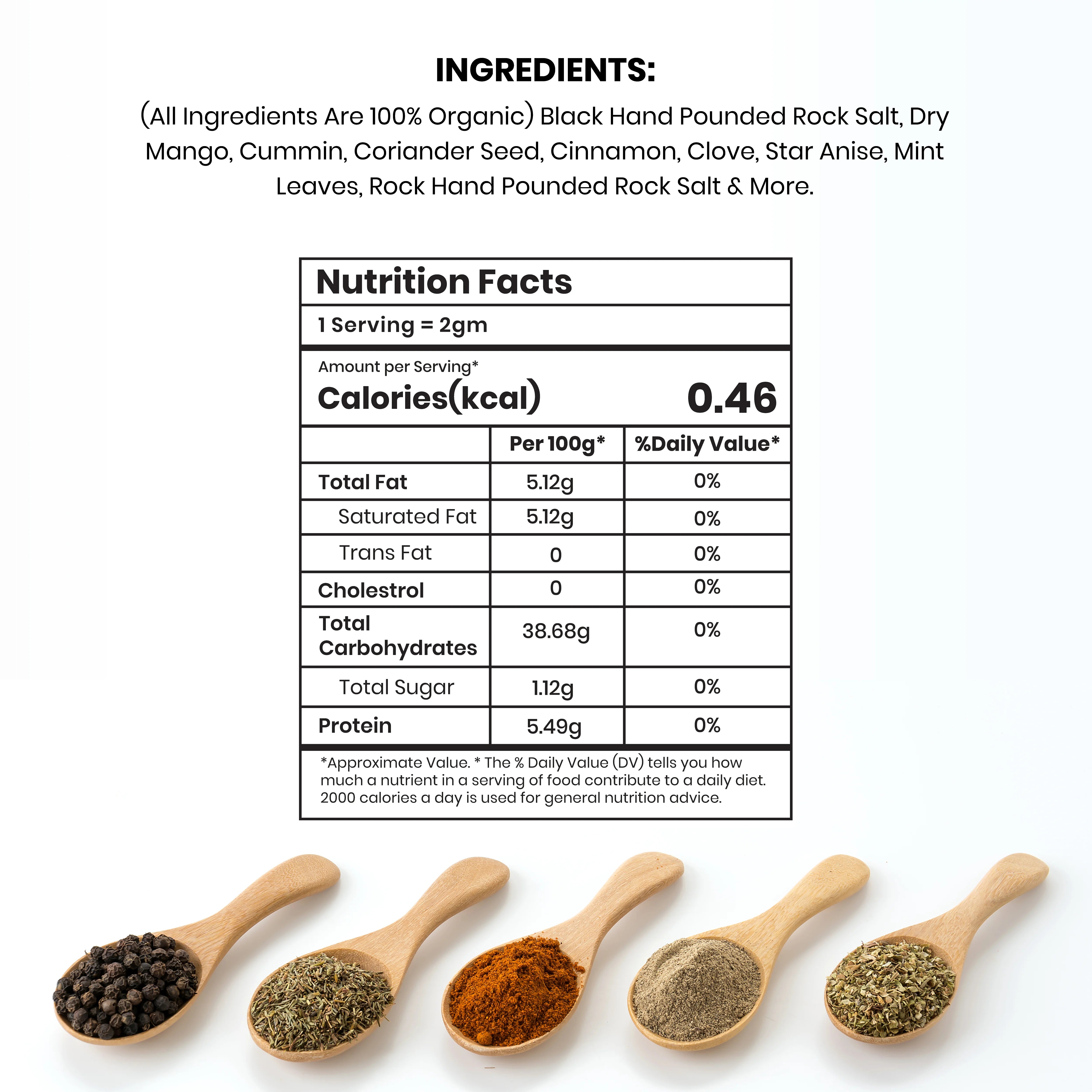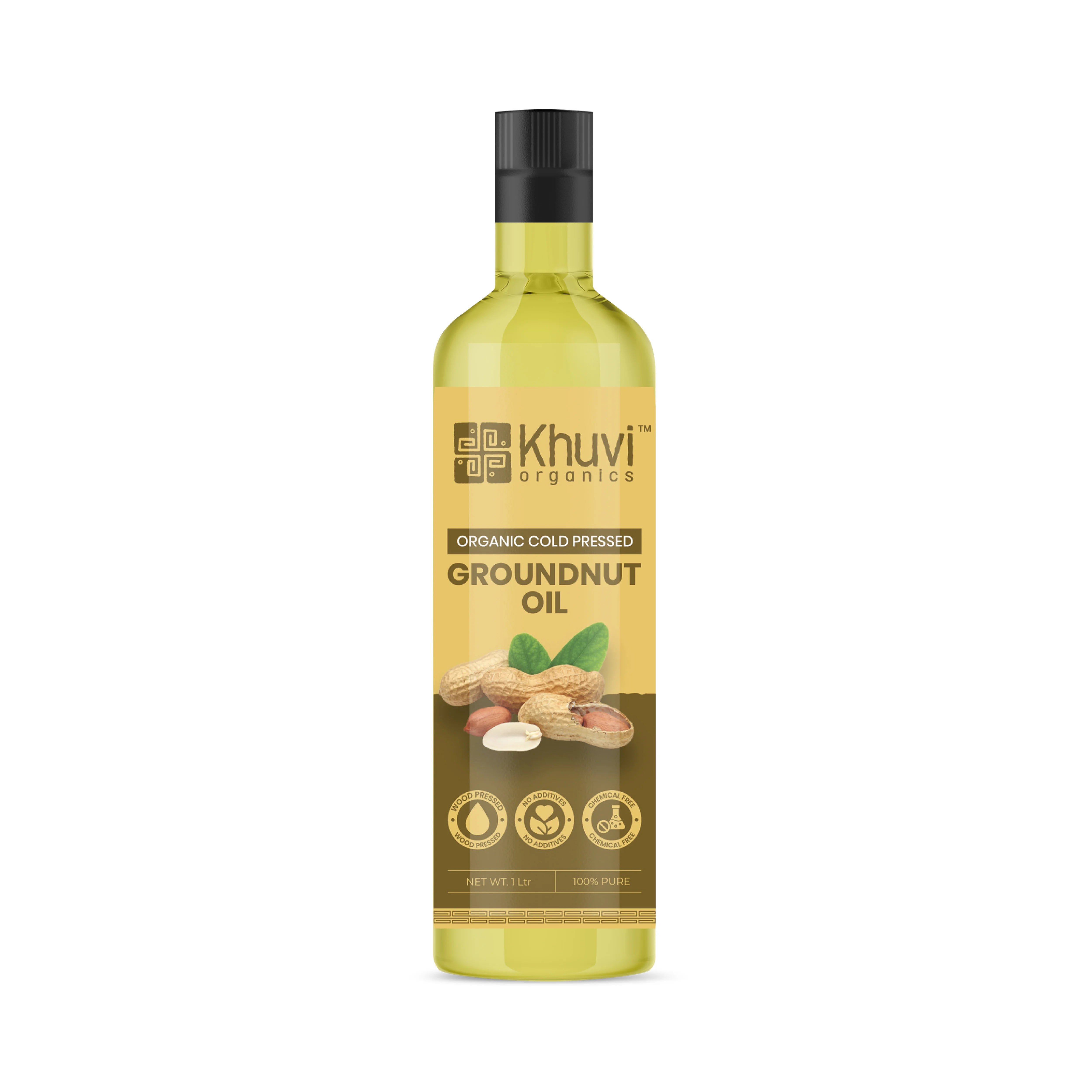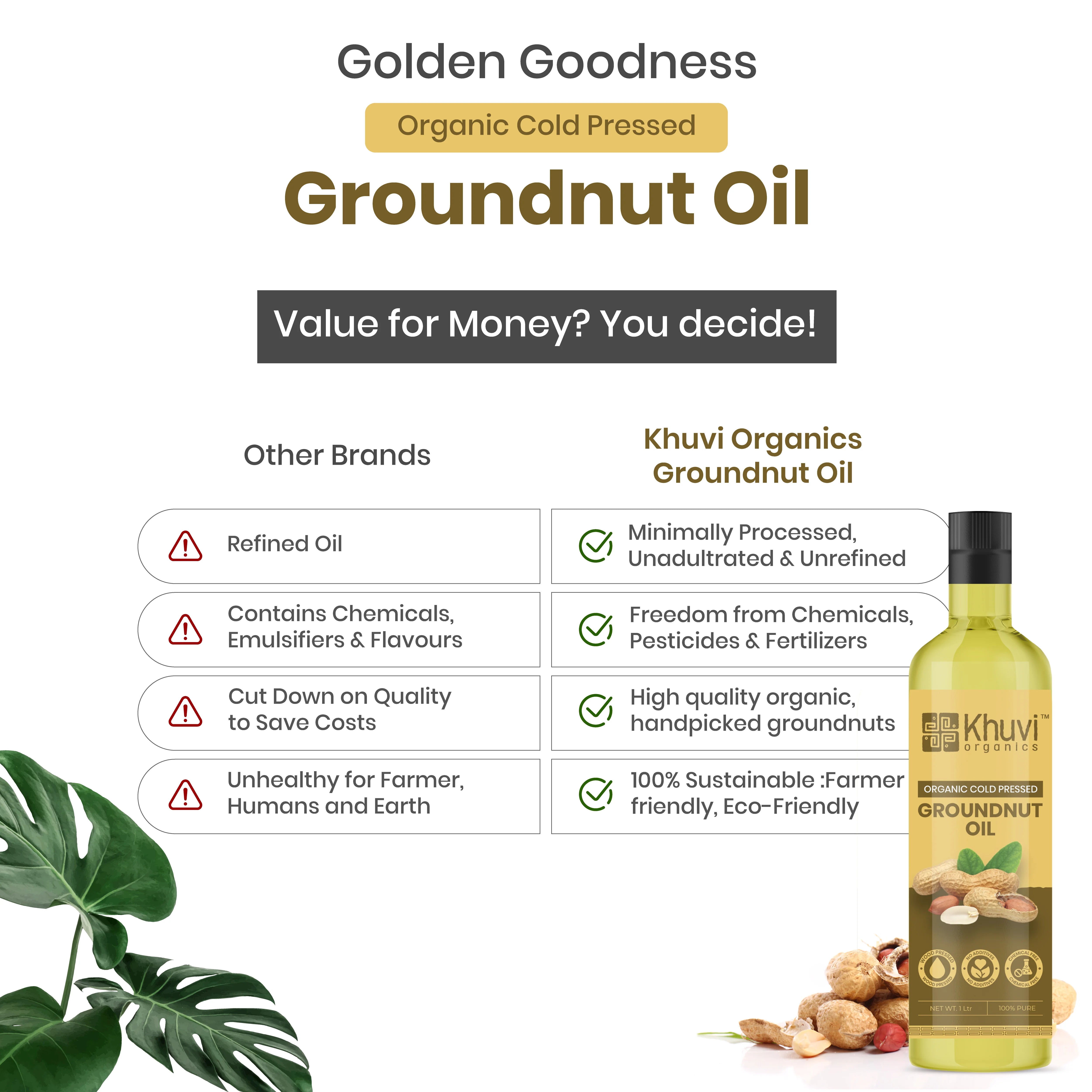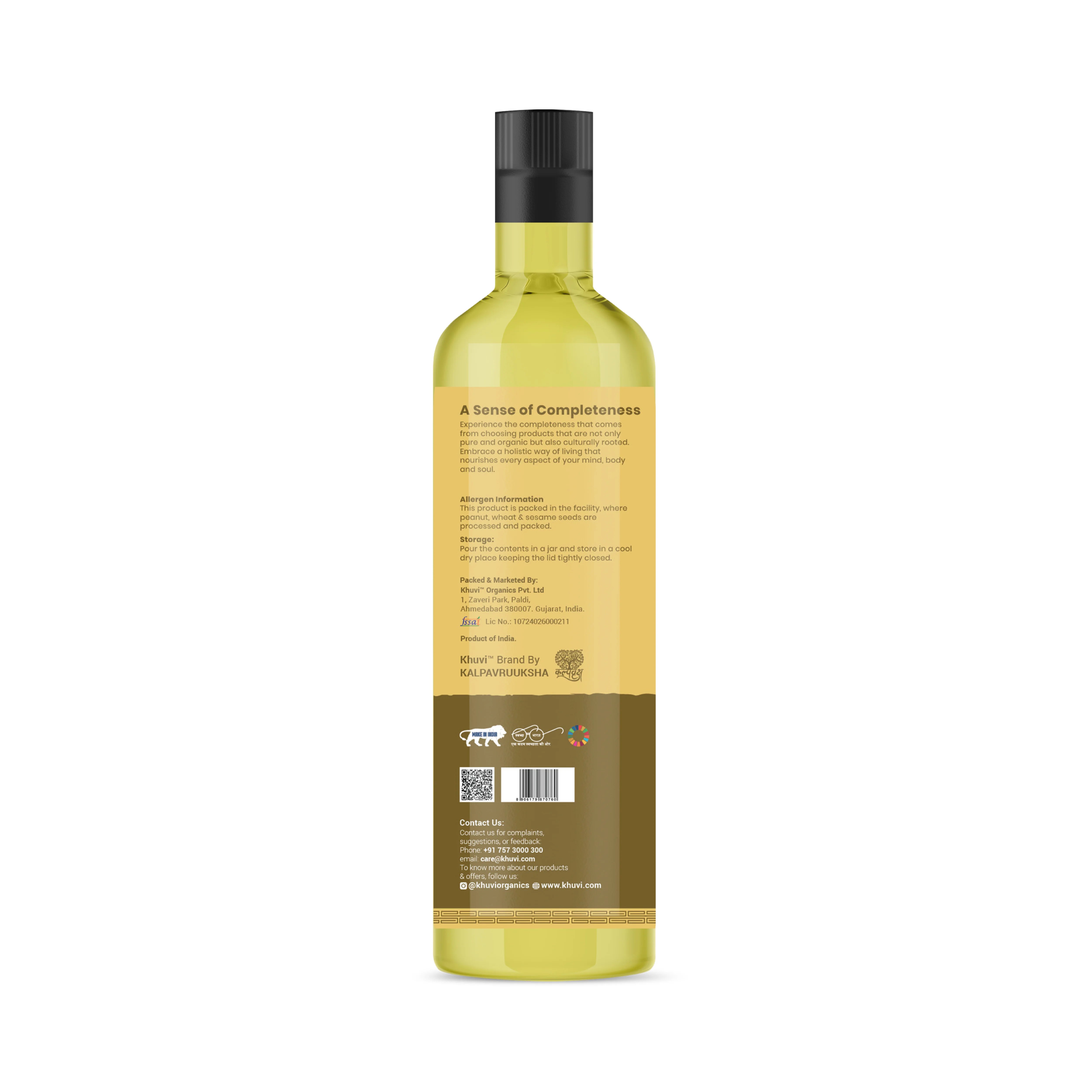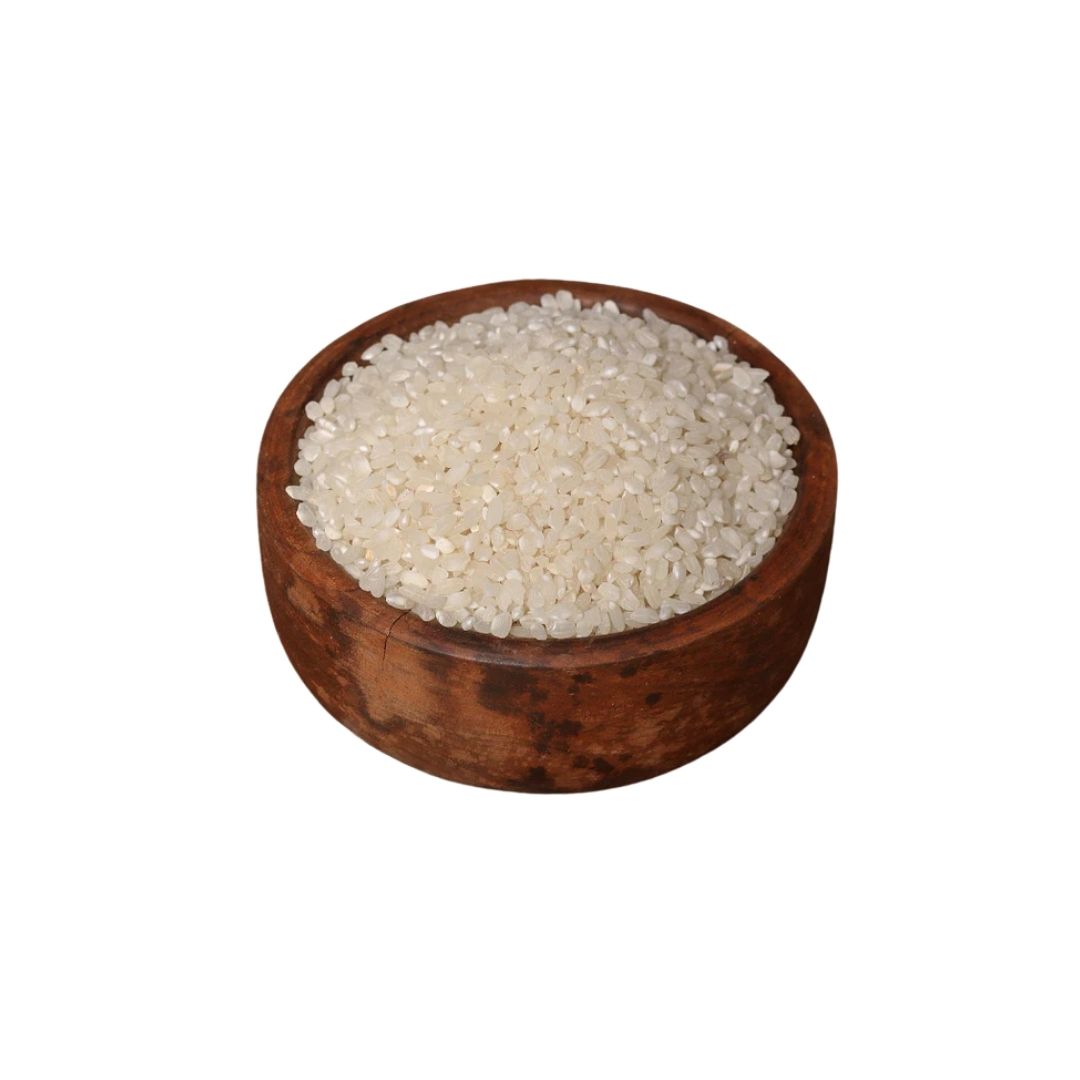
Rice Krishna Kamod Kanki (Small)
Ingredients:Organic Rice Krishna Kamod Kanki
Pairs well with
Free Shipping Across India
Express Delivery Available
7 days Return/Exchange

Rice Krishna Kamod Kanki (Small)
If you have any questions, you are always welcome to contact us. We'll get back to you as soon as possible, within 24 hours on weekdays.
-
Fast Free Shipping
Enjoy Free Shipping Across India – On Order Above ₹999/-
-
FlashDrop
IDelivery Across Ahmedabad in less than 120 minutes (10AM to 7PM)
-
Secure payment
Your payment information is processed securely
-
Contact Us
If Any Problem Contact Us
Call: +91 757 3000 300
Krishna Kamod Kanki is a small-grained, aromatic rice variety from Gujarat, India. It is known for its sweet and nutty flavor, soft texture, and distinctive aroma. The grains are short, plump, and slightly translucent.
This particular variety of Krishna Kamod Kanki is organically grown and chemical-free, making it a healthy and nutritious choice. It is high in fiber, vitamins, and minerals and has a low glycaemic index, making it a suitable option for people with diabetes.
To cook, rinse the rice thoroughly and soak for 30 minutes before cooking to ensure a fluffy and light texture. This rice is a great addition to your pantry, and it can be used to make a variety of delicious and healthy meals.
Benefits:
-
Aromatic: Krishna Kamod Kanki has a natural aroma that is refreshing and soothing to the senses, making it a good choice for people who enjoy aromatic rice varieties.
-
Rich in Nutrients: Krishna Kamod Kanki is rich in essential nutrients like carbohydrates, proteins, vitamins, and minerals, making it a good choice for a healthy and balanced diet.
-
Gluten-Free: Krishna Kamod Kanki is naturally gluten-free, making it a good option for people with gluten sensitivities or celiac disease.
-
Easy to Digest: Krishna Kamod Kanki is a light and easily digestible rice variety, making it a good choice for people with digestive issues.
-
Fast-Cooking: Krishna Kamod Kanki cooks quickly and evenly, making it a good choice for busy cooks who want a delicious and nutritious meal in a short time.
USP:
-
Zero Chemical
-
Traditionally Grown
-
High In Nutrients
Explore The Essentials
Bring the Flavor Home
Bronze Dinner Set - Plate | 5 Items






FAQs
Please read our FAQs page to find out more.
DO ORGANIC PRODUCTS TASTE DIFFERENT FROM CONVENTIONAL FOOD?
Many studies have shown that there is no such difference of taste in organic food and conventional food but the well-designed studies have researched and came to a conclusion like people favor the taste of organic food more, over conventional food. Because, the organic food has more antioxidants and other vitamins into it, which makes it tastier and better. And nowadays chefs do prefer to use organic food over conventional food not only for better taste but for better health benefits too.
WHAT IS AUTHENTICITY OF KHUVI?
Khuvi’s authenticity lies in the certifications. As we go through a rigorous process of getting our farms as well as our processing certified. Also, we are getting certified by well-known accredited certification bodies.
WHY TO CHOOSE KHUVI?
Khuvi has certified Organic farms, processing units for raw materials, powdering, herbal extractions oil processing, and steam sterilization, which all together enables Kalpvruuksha to deliver organic products with ultimate quality standards and purity.
DIFFERENCE BETWEEN ORGANIC AND CONVENTIONAL FOOD?
Growing
- Organic grown with natural fertilizers (manure, compost).
- Conventional grown with synthetic chemical fertilizers, pesticides etc.
Weeds
In Organic weeds are controlled naturally (crop rotation, hand weeding, mulching, and tilling).
In conventional weeds are controlled with chemical herbicides.
- Pets
- Organic, pests are controlled using natural methods (birds, insects, trap crops) and naturally-derived herbal pesticides
- Conventional, pests are controlled with synthetic pesticides
WHY ORGANIC FOODS ARE COSTLIER?
- Organic products are usually priced more compared to the conventional products due to the following reasons,
- Less chemical means more labor work.
- Cost of Bio fertilizer for organic farming.
- Crop Rotation.
- Post-harvest handling cost.
- Organic Certification.
- Organic food grows slowly.

